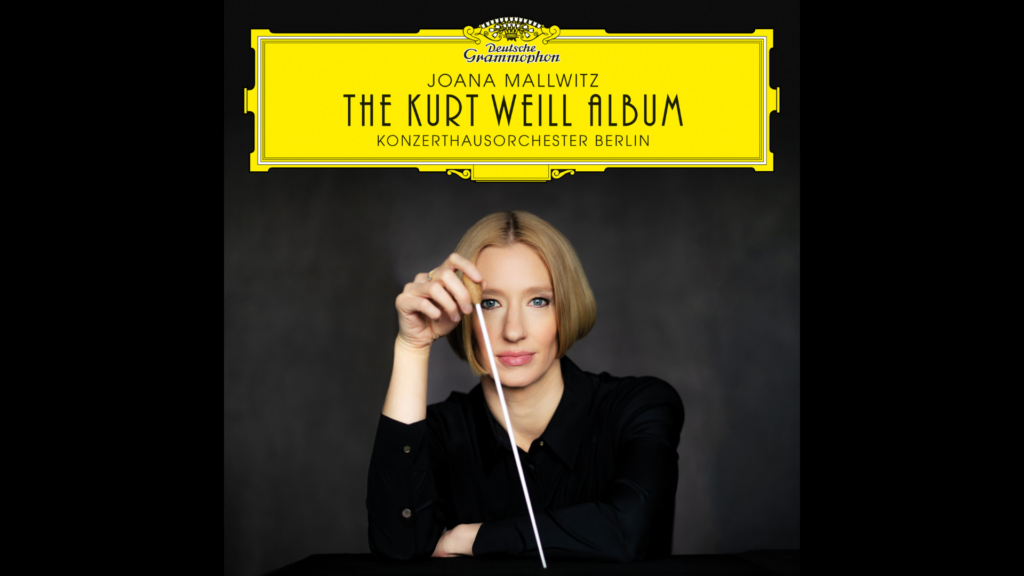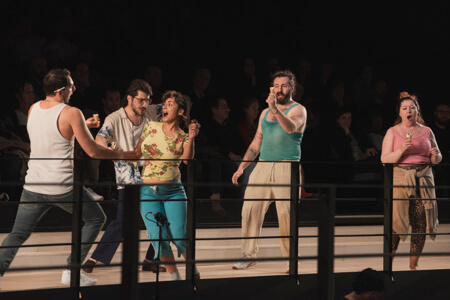The trustees and staff of the Kurt Weill Foundation for Music were deeply grieved to learn of the death of our dear friend and colleague, David Drew, on July 25, 2009. We have lost not only a charming man of sharp wit, prodigious intellect, and stunning perception, but a leader in the perpetuation of Kurt Weill’s legacy.
 It is impossible to overstate David Drew’s importance to Weill research and scholarship. Only a few years after the composer’s death, he befriended Lotte Lenya and George Davis, assisting them in their efforts to make known the full range and appeal of Weill’s music. He worked tirelessly for over fifty years, researching, writing, editing, and advocating. The published results include the essential Kurt Weill: A Handbook (1987), scrupulously edited collections of writings by and about Weill, an extensive web site, and articles too numerous to name. It seemed that David always led the way into new areas of exploration of Weill’s life and works, his searching, brilliant prose beckoning others to follow.
It is impossible to overstate David Drew’s importance to Weill research and scholarship. Only a few years after the composer’s death, he befriended Lotte Lenya and George Davis, assisting them in their efforts to make known the full range and appeal of Weill’s music. He worked tirelessly for over fifty years, researching, writing, editing, and advocating. The published results include the essential Kurt Weill: A Handbook (1987), scrupulously edited collections of writings by and about Weill, an extensive web site, and articles too numerous to name. It seemed that David always led the way into new areas of exploration of Weill’s life and works, his searching, brilliant prose beckoning others to follow.
Weill’s career, fractured by exile, left many important works unknown after his death, a state of affairs David was determined to correct. Whether editing scores to restore Weill’s original conception or creating new versions of existing works to enhance performance opportunities, David spared no effort over the decades to ensure that audiences could become familiar with Weill, bolstered by his unshakable belief that the world would acknowledge Weill’s greatness if people simply had a chance to hear the music. And not only Weill. Early on, he espoused Erik Satie and Olivier Messiaen as alternatives to the modernism of the Second Viennese School, and he spoke up for any number of neglected or emerging composers: Alexander Goehr, Berthold Goldschmidt, Henryk Górecki, HK Gruber, Igor Markevitch, and Kurt Schwertsik, to name a few. As writer, editor, and executive, from positions at The New Statesman, Tempo, The Listener, the Gulbenkian Foundation, Boosey & Hawkes, Largo Records, the Britten-Pears Foundation, and even the Arts Council of Great Britain, he carried out innumerable projects devoted to performing, publicizing, and recording contemporary music.
The Weill Foundation has acknowledged David’s contributions with a Distinguished Achievement Award (1996), and he was an essential member of the Editorial Board of the Kurt Weill Edition and an honorary trustee of the Foundation. We also remember his passion for music; his unflagging advocacy for underappreciated composers; his half century of decisive influence in music criticism, publishing, and recording; his clever and edifying conversation, laced with sly British understatement; and his endless kindness and good humor. No dinner with David was ever dull.
We offer our most heartfelt condolences to David’s family, friends, colleagues, and associates, as we all mourn the loss of a great champion of twentieth-century music, a visionary writer, and an exponent of the highest critical standards. May his work and spirit continue to guide us.


